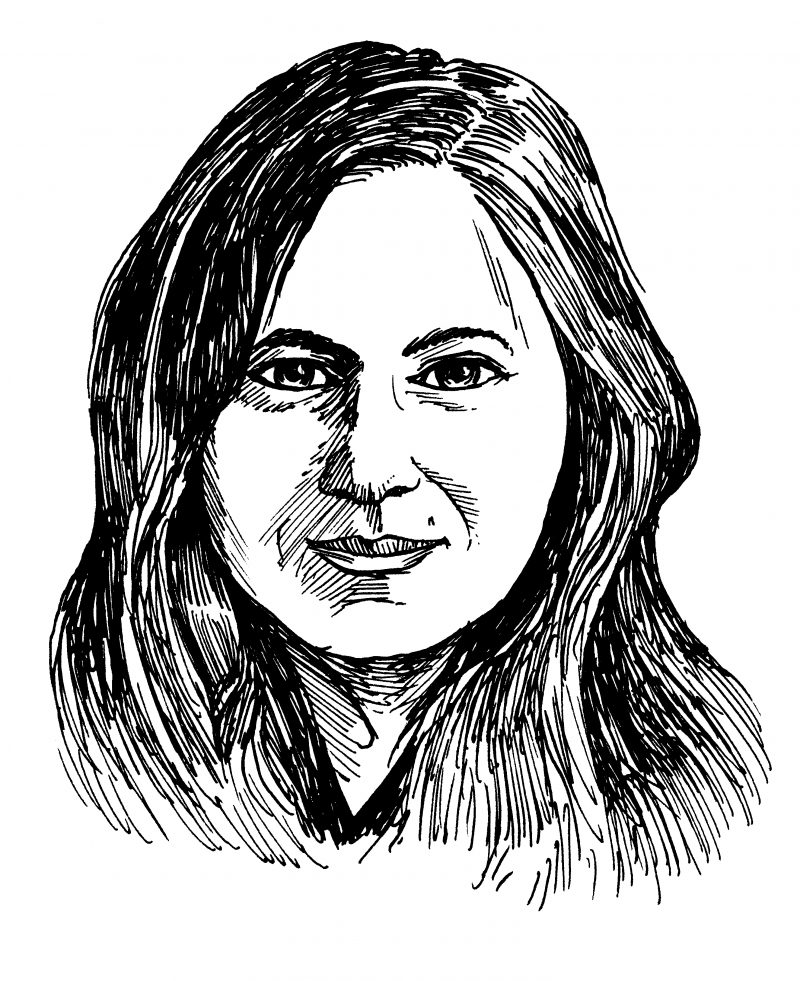Judit Polgár is a Hungarian chess grand master, and is considered to be the strongest female chess player of all time. A child prodigy, she began competing in tournaments when she was only six years old. At age nine, she finished first in the New York Open. She was awarded the title of international master (IM) when she was twelve (Bobby Fischer and Garry Kasparov both earned their IM designations at age fourteen). At thirteen, she was considered among the top one hundred players in the world, and at fifteen she was designated a grand master, the highest title a chess player can earn. She called her win against Kasparov “one of the most remarkable moments of my career,” particularly in light of his statement that Polgár is, “after all, a woman. It all comes down to the imperfections of the female psyche. No woman can sustain a prolonged battle.” Her two elder sisters—one an IM and the other a grand master—were also trained by their parents in chess from an early age. Today, married with two children, she continues to play chess competitively, and is focused on her campaign of getting chess into the Hungarian elementary-school curriculum. Now thirty-seven, she has written several books about her life and the game. She lives in Budapest.
—Sheila Heti
JUDIT POLGÁR: I was not the person who decided I would play chess. It was decided by my parents. My two older sisters played already, so I did, too. When I was five years old I began. I always wanted to do the same things my sisters were doing. And my parents are excellent educators—they knew exactly how to trick me to make me love the game. I played a few games every day, and this was gradually increased because I was so happy with it. I gained self-confidence and started winning a few games against my sisters. By the time I was eight, nine years old—in 1986—I played in my first international tournament, and by the time I was twelve or thirteen, I was certain I wanted to be a professional chess player.
We played pretty much every opportunity we had. We were playing a lot of tournaments in Hungary. And many times people who played chess would travel to Hungary, and then we would invite them to stay in our apartment for a week or so and they would be playing chess with us. We also had trainers, so we were playing seven or eight hours each day. We were doing sports and going out a bit, but chess was very much the focus already by that time. We didn’t go to school. My parents had both given up their jobs. Before that,...
You have reached your article limit
Sign up for a digital subscription and continue reading all new issues, plus our entire archives, for just $1.50/month.
Already a subscriber? Sign in





